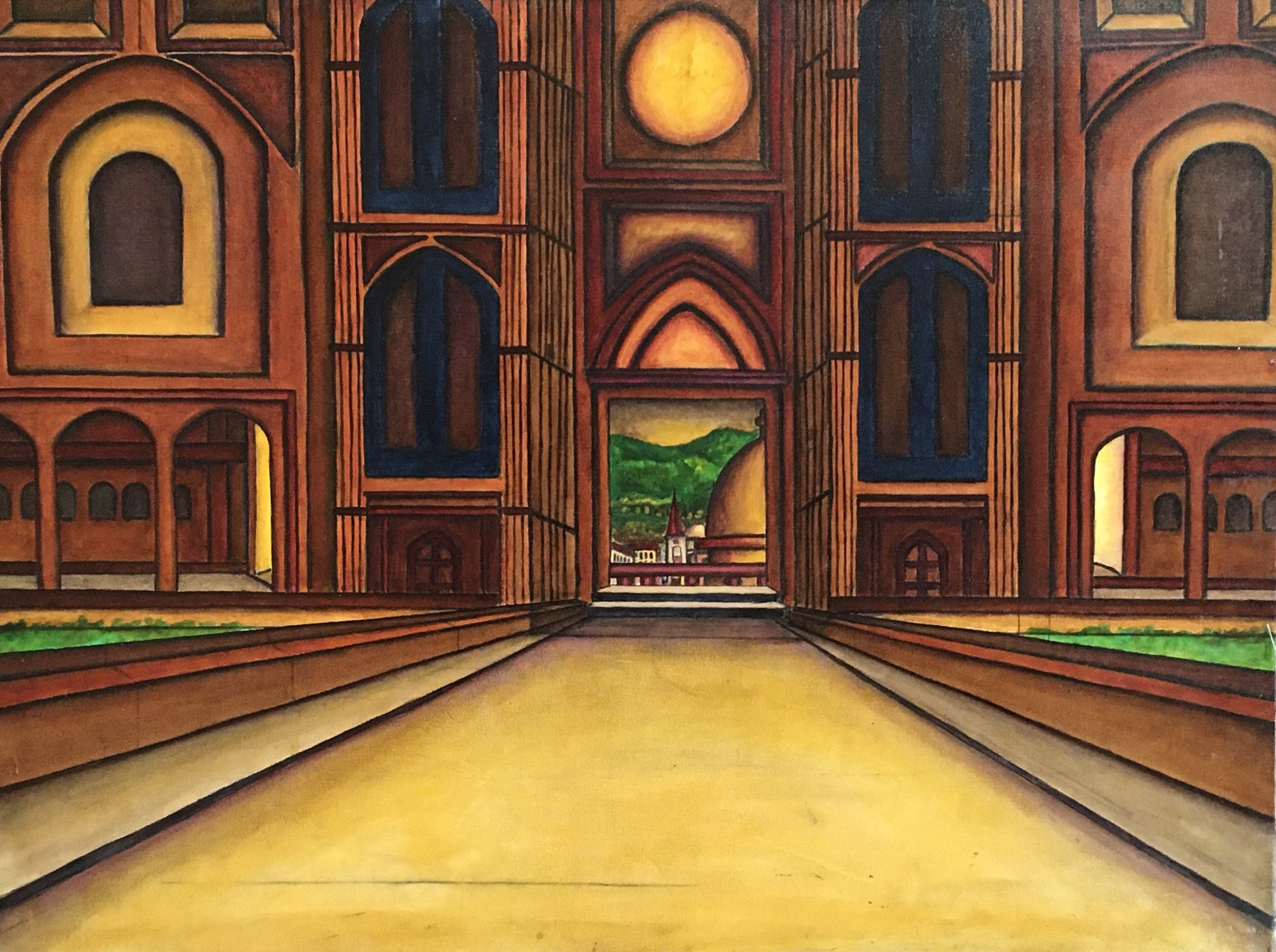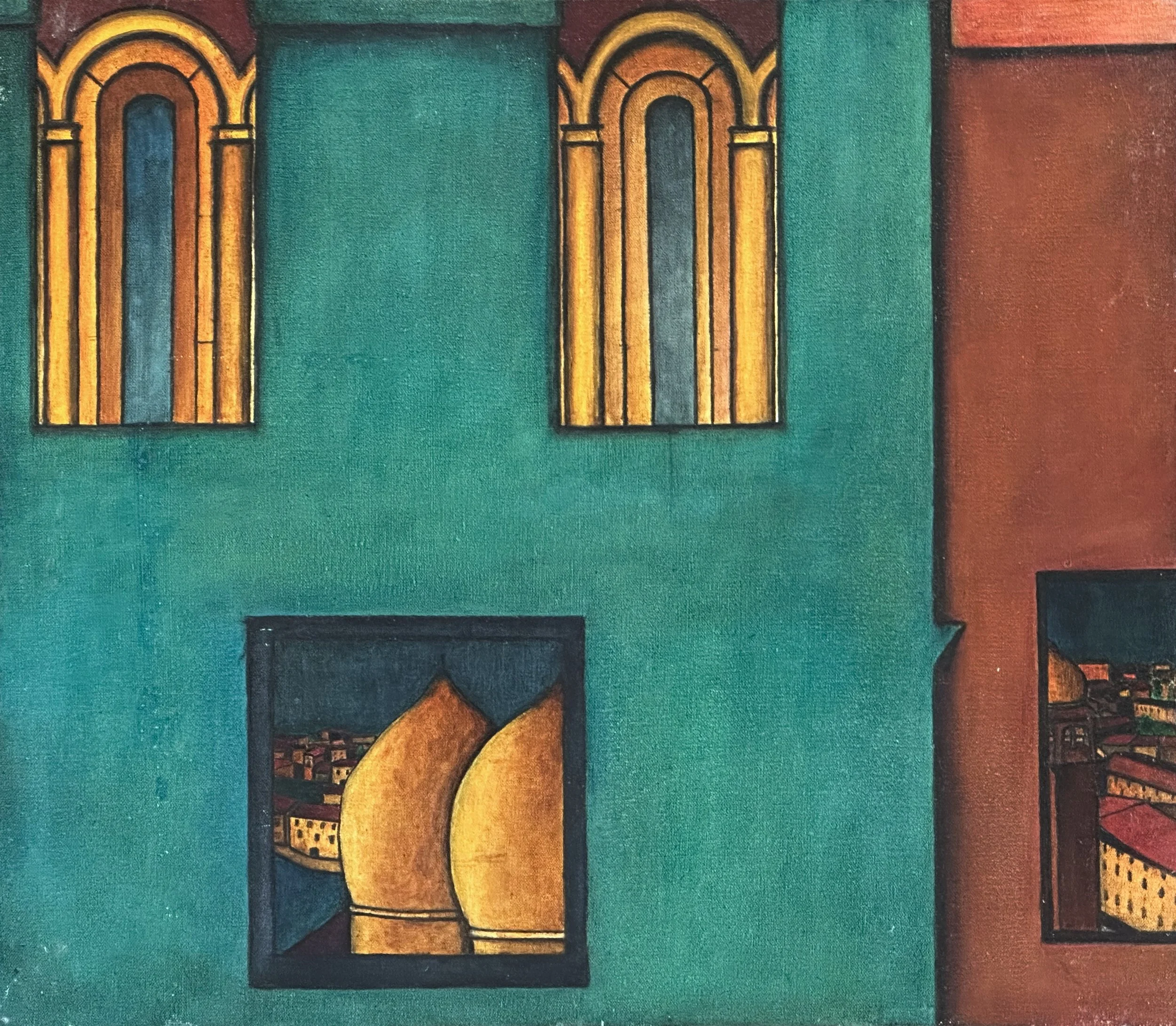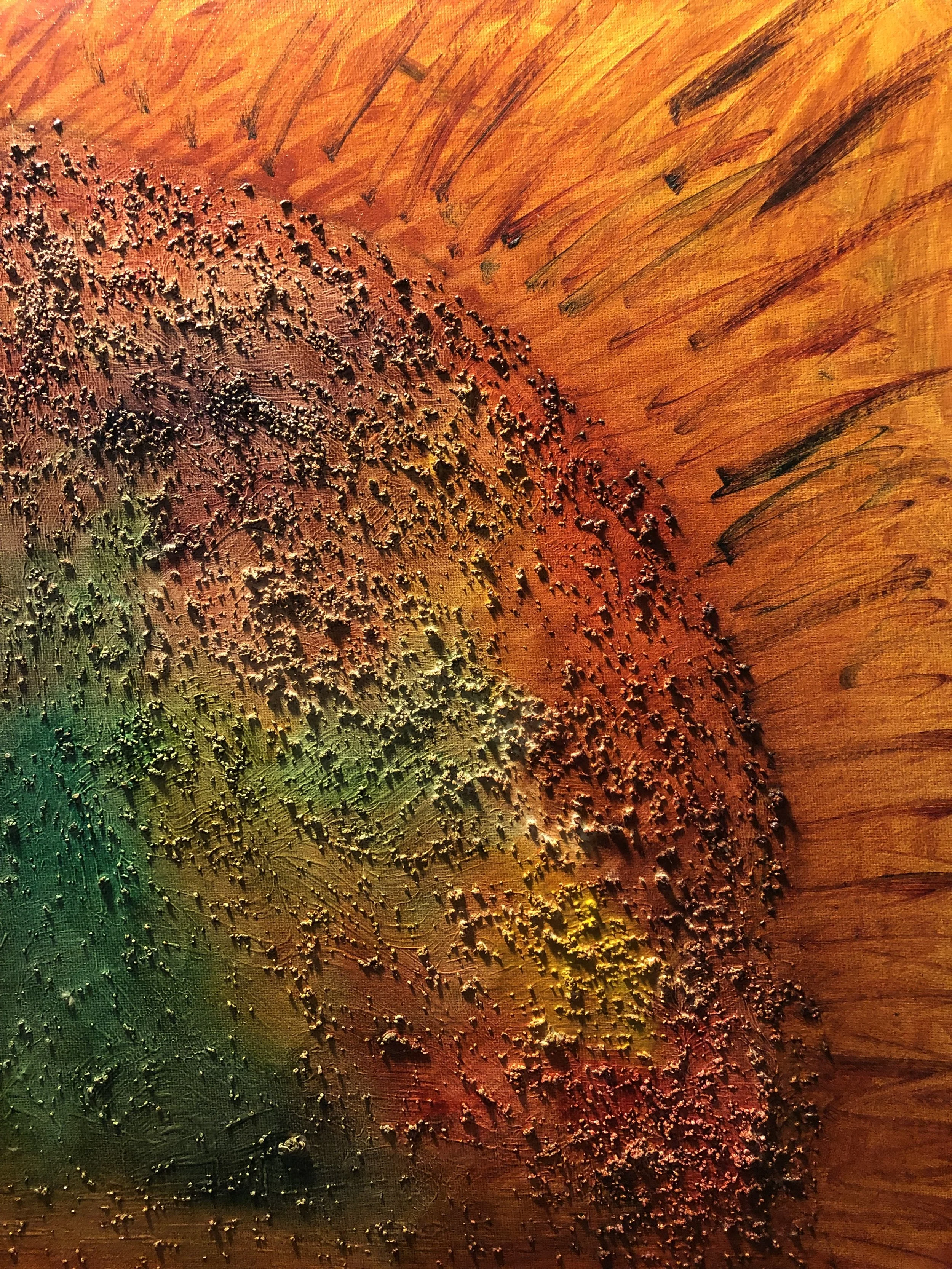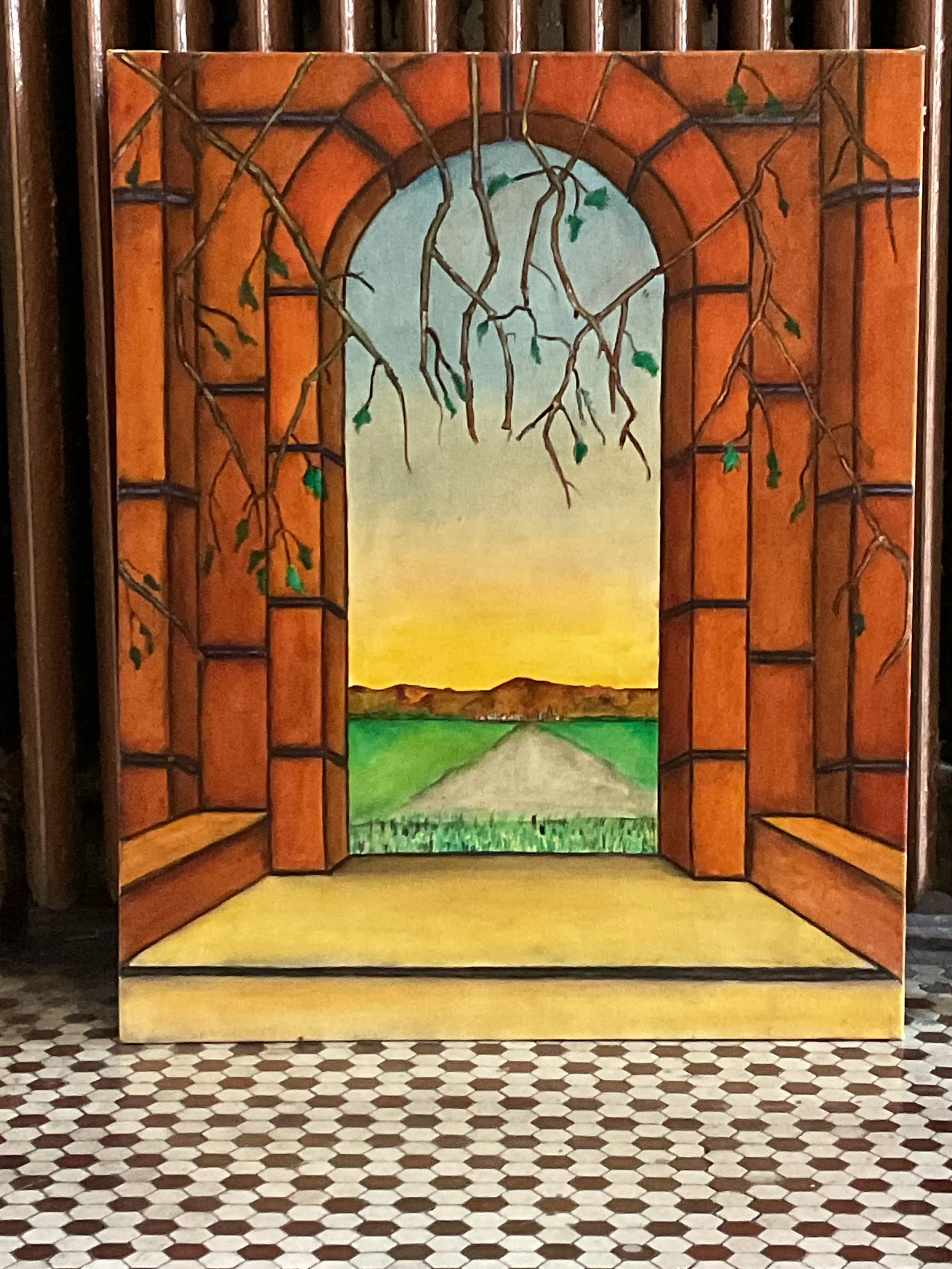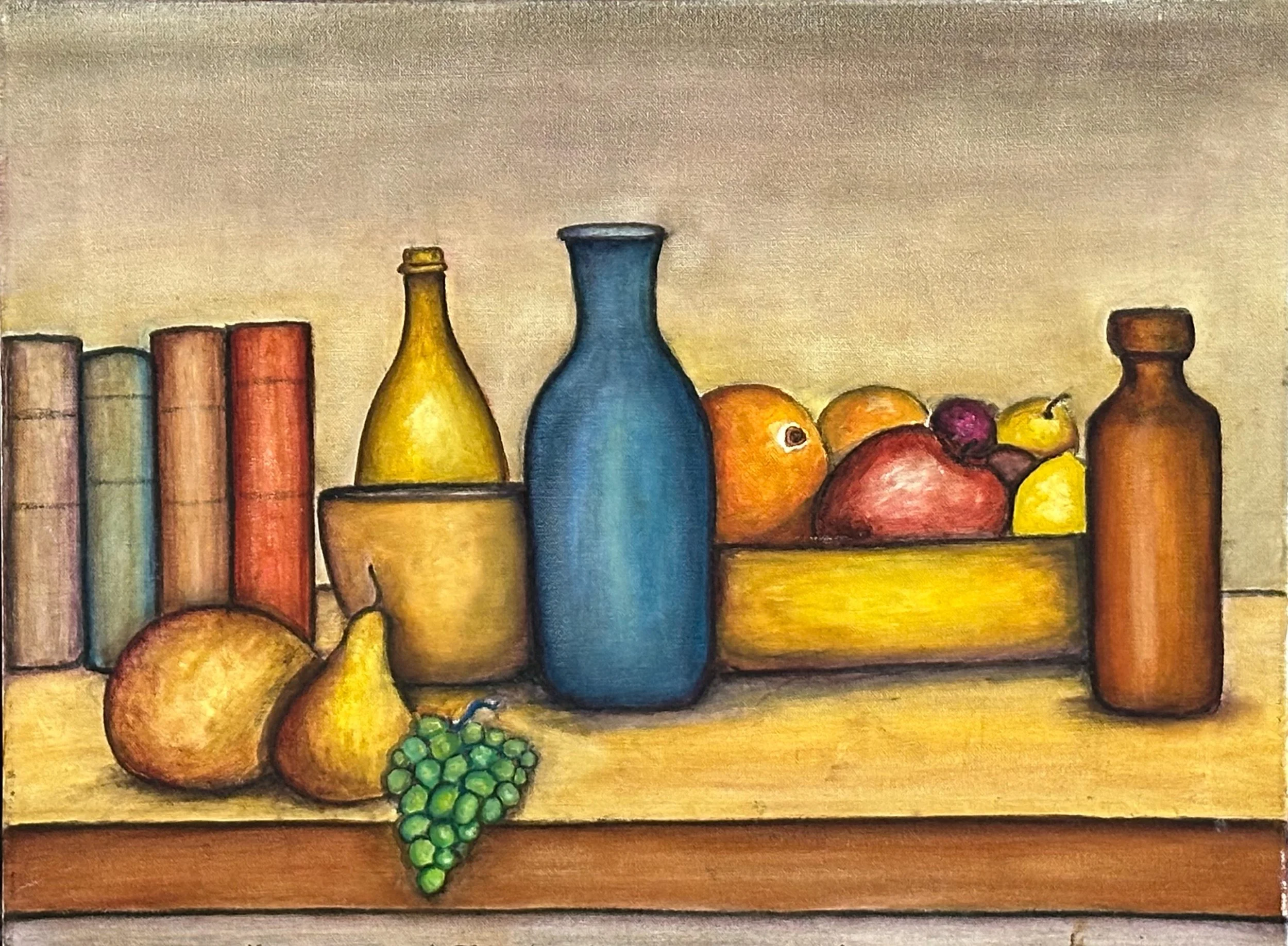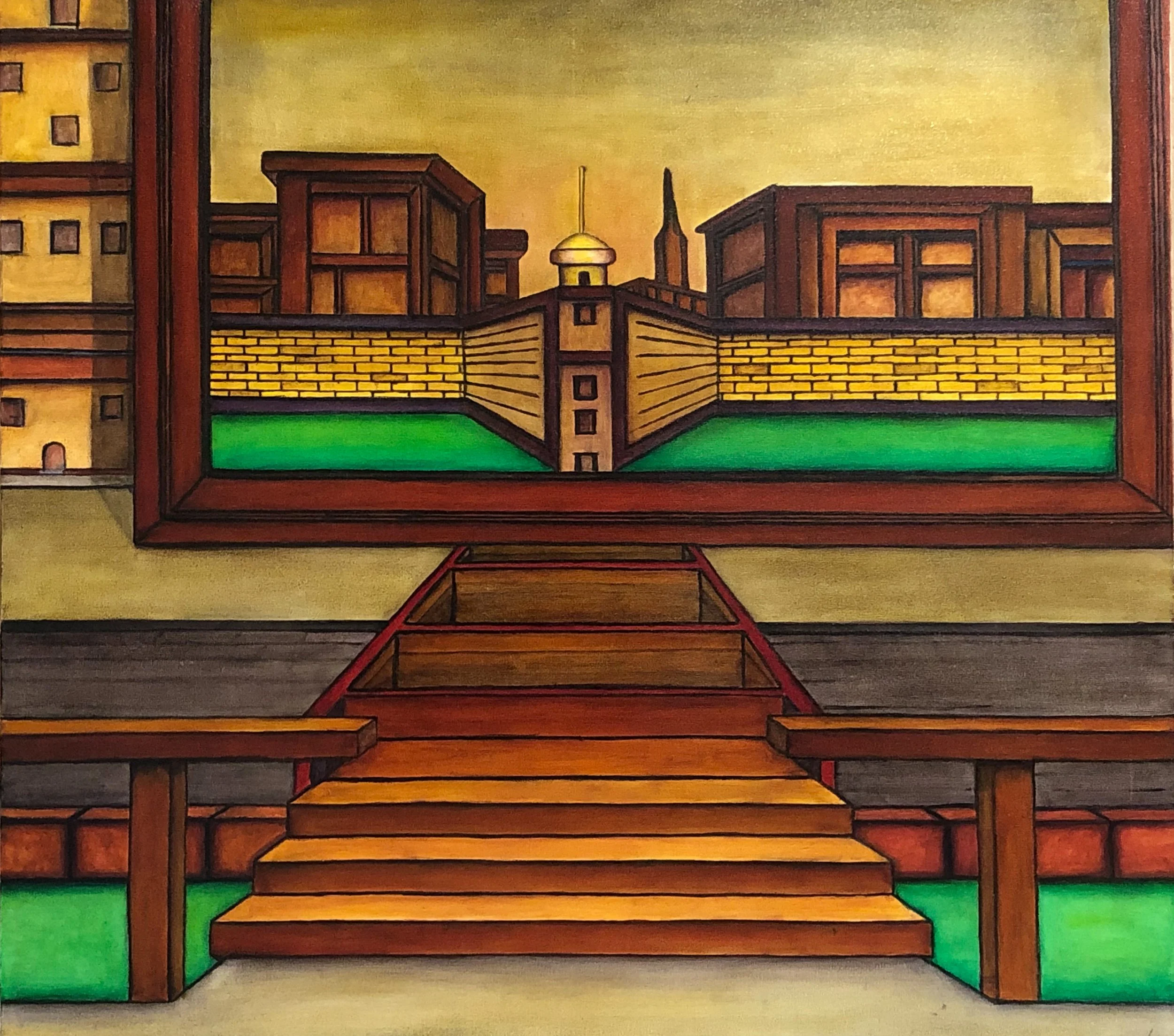Daniel McKinley
Daniel, your biography mentions that art has always been a means for you to transcend the limitations of the everyday world. How has this philosophy shaped your artistic journey and the way you approach your work today?
Art goes beyond imagination. Art gives me the freedom to explore. Within my explorations, I find that there are no limitations. My approach has always been to look beyond and ask the question what if.
You have expressed that art has become individualized and is no longer described by a specific school or genre. How do you navigate the challenge of describing your own artwork in this context?
This is not an easy question because I am still not sure how to describe or categorize my work. It would be easy if I could say that I paint in the style of…, But I find that the style of my work has yet to be defined. Which brings us to the next question.
Can you elaborate on the statement that "we are following ourselves" in art? How does this perspective influence the themes and techniques you explore in your creations?
We are now taught that it is ok to be ourselves. That we don’t necessarily have to conform,or to follow a trend. We are now free to create and to express our inner feelings. This leaves the meaning and interpretations of our works to the viewer and to the critics. Our work is not being interpreted as being in the style of, but it is now being interpreted as what the artist is trying to convey.
Your work is described as a passage to infinite possibilities, challenging viewers to explore deeper layers of meaning. How do you achieve this complexity in your pieces, and what methods do you use to provoke such contemplation?
My aim is to have the viewer to look at my paintings, and to have them come up with their own interpretations. Upon working on a painting, I often question where it is going. There is never a set plan from beginning to the end. The cliché of painting in a trance. When I loose myself, and the painting itself takes me to a place I never thought I would go. With every painting my goal is to challenge myself, and then to trust that the viewer will understand.
Considering your dynamic process of addition and subtraction in your work, how do you determine when a piece has reached its essence and is complete?
I like to think of it as if I am having a conversation with the canvas. As I am working it tells me what it needs. I spend a lot of time listening, waiting for it to speak to me. Until there is nothing left to say.
With exhibitions and art fairs across the globe, how has the international art scene influenced your work and your views on the individuality of art?
The first I exhibited my art overseas, I was terrified. I didn’t know what to expect. I wasn’t sure if I belonged. It was a group show,with other artists displaying their work. As an artist you are always alone in your studio. You sometimes question if your work is good, or if it would be acceptable in the art community. What I found out was that I was not alone. There are many artists that are experiencing what I am. What is interesting is that A lot of artists there were coming to me and asking for my advice. Exhibiting my art overseas gave me the confidence to continue. To understand as an artist I am not the only one.
Your awards and recognitions, such as the Collector’s Prize from Contemporary Art Magazine and the Premiere Artist Prize from Contemporary Art Station, highlight your success. How do these accolades impact your creative process and the way you view your own art?
I am still me. I will always be me. Awards and recognition are nice, but, but they are not the reasons why I paint. I am in it for the love of art.
Given your educational background from Orange Coast College and the School of Visual Arts in NYC, how have your studies influenced your approach to creating art that transcends traditional boundaries?
I was encouraged to find my own way, which was at first frustrating. Working on our projects the instructor would go around to each student to critique their work. When the instructors came to me, they never really critiqued my work. We would discuss about art in general. They would ask about what I was doing, or what I thought about, and then they would move on. I was a beginner, and I never understood this. I wanted guidance, but they recognized even before I did that I had to follow my own path. The greatest advice that was given to me by one of my instructors was that I have to make the world my own.
How do you see the future of art evolving, especially with the increasing emphasis on individual expression and the decline of traditional genre classifications?
No matter what you do you will always find an audience on social media. Everyone has become a critic. It is becoming harder to find art that matters. There is nothing that is groundbreaking. It has all become generic. It is now getting to the point that you don’t even need an artist. AI. I find this very sad. Can a computer really imagine?
Can you share a specific piece of your work that you feel best represents your journey of escaping mental and physical confines, and describe the inspiration and process behind it?
The Seekers


